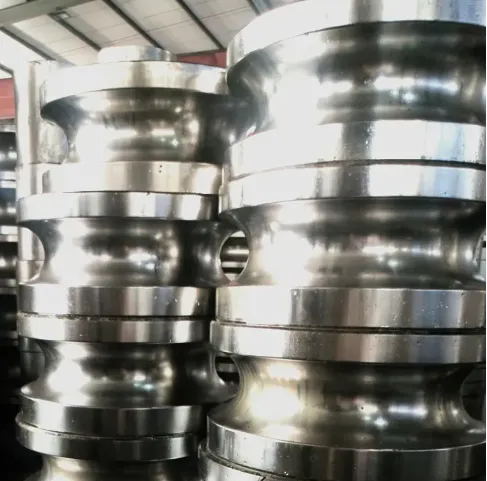Molding Machine: The Backbone of Modern Manufacturing
A molding machine plays a pivotal role in today’s manufacturing industries, from automotive and packaging to consumer goods and electronics. Whether you’re searching for a molding machine for sale, researching the machining mold process, or exploring the molding machine cost, understanding its types, uses, and advantages is crucial for making informed decisions. This article provides an in-depth look at molding machines and their applications.

What is a Molding Machine?
A molding machine is specialized equipment designed to shape raw materials like plastic, metal, or rubber into predefined forms using a mold. The process involves injecting, compressing, or blowing the material into the mold cavity, where it solidifies into the desired shape.
These machines are widely used for manufacturing products ranging from small, intricate parts to large industrial components, offering unmatched precision and efficiency.
Types of Molding Machines
Injection Molding Machines
- Ideal for mass production of plastic components.
- Ensures precision and high repeatability, suitable for automotive parts, packaging, and electronics.
Blow Molding Machines
- Used for creating hollow objects like bottles and containers.
- Common in the packaging industry.
Compression Molding Machines
- Suited for thermosetting plastics and rubber.
- Popular for producing durable products like seals, gaskets, and tires.
Extrusion Molding Machines
- Designed for continuous production of pipes, sheets, and cables.
Rotational Molding Machines
- Creates large, hollow products like tanks and playground equipment.
Machining Molds: A Critical Process
The machining mold process involves designing and manufacturing the molds used in molding machines. These molds, typically crafted from steel or aluminum, are essential for shaping products with precision.
- Techniques Used: CNC machining, grinding, and electrical discharge machining (EDM).
- Quality Impact: A well-machined mold ensures accuracy, durability, and a smooth finish in the final product.
Applications of Molding Machines
Molding machines are indispensable in various industries:
Automotive
- Produces parts like bumpers, dashboards, and interior components.
Packaging
- Creates bottles, caps, and containers with high production efficiency.
Electronics
- Manufactures enclosures, connectors, and precision components.
Medical Devices
- Used for producing tools, syringes, and surgical instruments.
Consumer Goods
- Enables the production of toys, furniture, and household items.
Advantages of Using Molding Machines
High Efficiency
- Automates production processes, reducing time and labor costs.
Precision
- Ensures consistent product quality with minimal errors.
Versatility
- Supports various materials and complex designs.
Cost-Effectiveness
- Reduces waste and operational expenses.
Scalability
- Suitable for small-scale to large-scale manufacturing needs.
Factors Influencing Molding Machine Cost
Type of Machine
- Injection molding machines are generally more expensive than blow or compression machines due to their advanced features.
Size and Capacity
- Machines with higher clamping forces or larger molds are pricier.
Material Compatibility
- Machines designed for specialized materials may have a higher upfront cost.
Automation Level
- Machines with integrated robotics or smart controls increase efficiency but come at a premium.
Supplier
- Reputable suppliers ensure quality and reliability, often charging higher prices for their products.
Tips for Buying a Molding Machine
When searching for a molding machine for sale, consider these factors:
-
Production Requirements: Match the machine’s capacity and features with your production needs.
-
Supplier Reputation: Choose a trusted supplier with a proven track record.
-
Budget: Evaluate the total cost, including installation, maintenance, and energy consumption.
-
Customization Options: Opt for machines that can adapt to your specific production demands.
A molding machine is a cornerstone of precision manufacturing, enabling the production of diverse, high-quality products efficiently and cost-effectively. Understanding its types, applications, and cost factors helps businesses select the right equipment for their needs.
Whether you’re investing in new machinery or exploring the process of machining molds, the right molding machine ensures high productivity, precision, and long-term value. A well-thought-out purchase can significantly enhance your manufacturing capabilities and keep your business competitive in today’s market.


